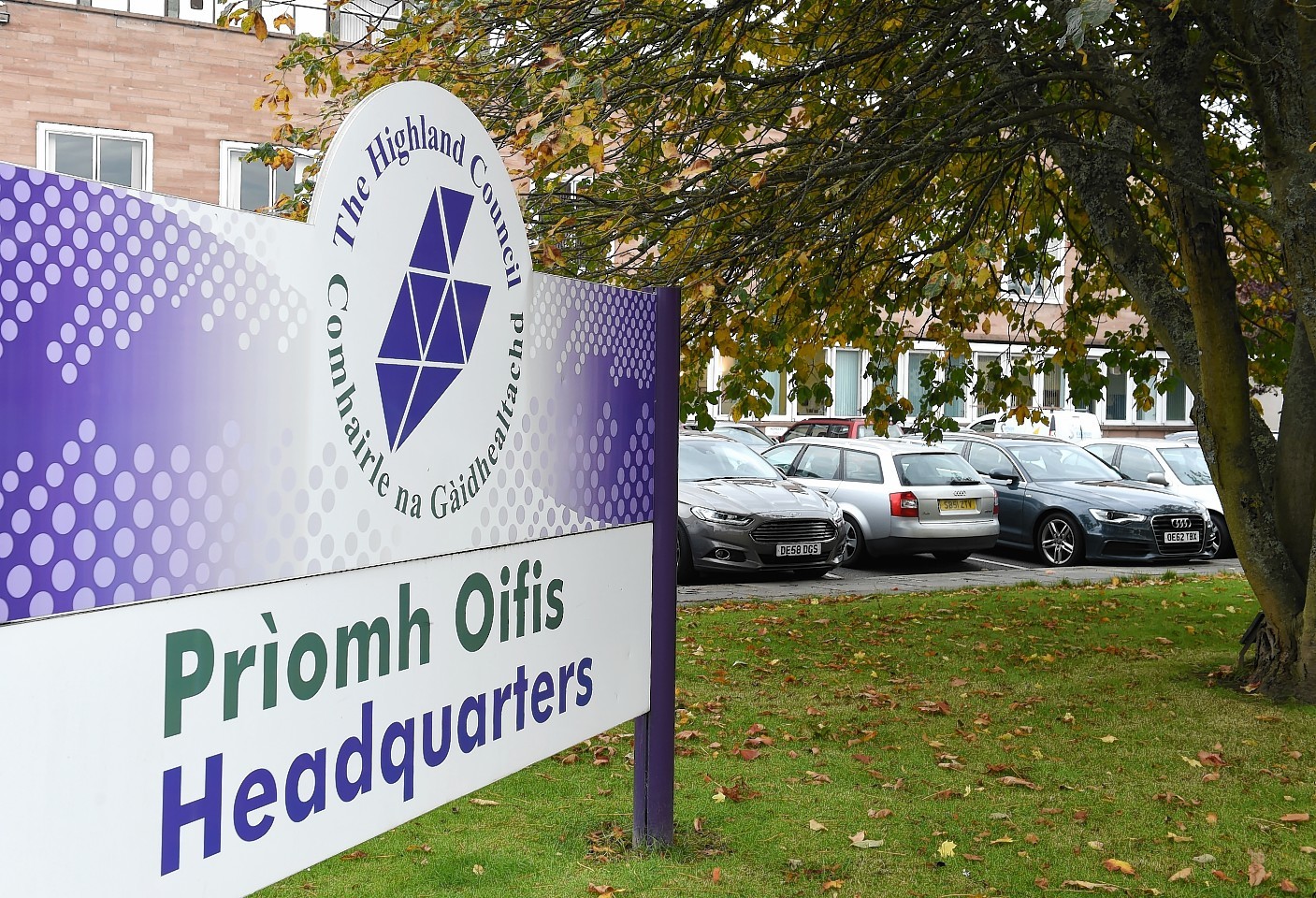A Highland community could be about to teach the council a lesson – by building its own school.
It is believed to be the first time in Scotland that residents have taken on such a challenge.
People in remote Strontian, at Ardnamurchan, have decided to take action as Highland Council does not have the resources to replace the village’s dilapidated primary school.
Various options were considered by the council, including renovation of the existing building and the provision of portable cabins at the nearby high school.
But community leaders have put their foot down, insisting that makeshift classrooms were not good enough for their youngsters.
The council has now agreed to allow them to do the groundwork to establish the costs and practicalities of raising the necessary finances for a new school.
Claire Campbell, of the Strontian Community School Building Group (SCSBG), said last night: “It’s no longer fit for purpose with inadequate space and a building in poor condition, requiring long overdue improvement and enlargement work throughout.”
The group will now lead the efforts to develop and manage a community-owned primary school with help from the Highland Small Communities Housing Trust.
Members hope to procure a site beside Ardnamurchan High School in Strontian for the school, which would then be leased to the council.
They are confident the arrangement would benefit the pupils and wider community “as the proposed building plans could revert to affordable housing in the future.”
The cost of the basic school build – without kitting it out – has been put at £690,000.
Local Highland councillor Andrew Baxter believes the mission can succeed.
“It’s fantastic that a community feels this strongly about an issue that it’s prepared to take the lead on it and not rely on the council in providing what they consider would have been second best,” he said.
“They have my support in doing that and I hope they become a model for other Highland communities.
“The existing primary school is outdated and cramped. The kids are served lunch on the neighbouring village hall stage, which is a miniscule space, and they have to be served
their food because there’s not enough room for them to move around on the stage.”
The Highland Small Communities Housing Trust has conducted a site investigation and flood risk assessment of the location.
It is has set a target of £2,000-£3,000 for a start-up fund to cover the initial legal fees, land valuations and administration costs before it is in a position to apply for funding.
The cash would come from sources including grants, share options and commercial loans, and the trust believes the Scottish Land Fund may fund the land purchase cost.
Sunart Community Council has already pledged £1,000 towards the start-up cost of the “wonderful” project.
Chairwoman Denise Anderson said: “The project is wonderful and we’re behind them all the way.
“The existing school is not fit for purpose. It’s not big enough, in particular the playground.”
Strontian Primary head teacher Pamela Hill added: “The proposed new school project is an exciting prospect not only for pupils, parents and staff but the wider community.
“The support has been fantastic and, as a school, we’re looking forward to seeing the proposals come to life.”
There are currently 34 pupils and four in the nursery.
Jamie McIntyre, a parent member of the SCSBG, said: “Importantly, this proposal will leave a legacy for the community.
“If, at the conclusion of the lease-period Highland Council decides to relocate the school, the building, being community-owned, will be available for conversion into badly needed affordable housing or other similar use.”
Highland Council had estimated a bill of more than £1million to move the 1970s-built primary school.
A spokeswoman for the Scottish Government said: “Local authorities are responsible for the provision of education in their areas. We support local authorities to provide appropriate schooling to meet the needs of the communities they serve. Any decision on individual land and assets is a matter for individual local authorities.
“We are always open to new approaches and ideas that serve different communities’ needs around Scotland including any debate on how to further improve Scottish education.”
